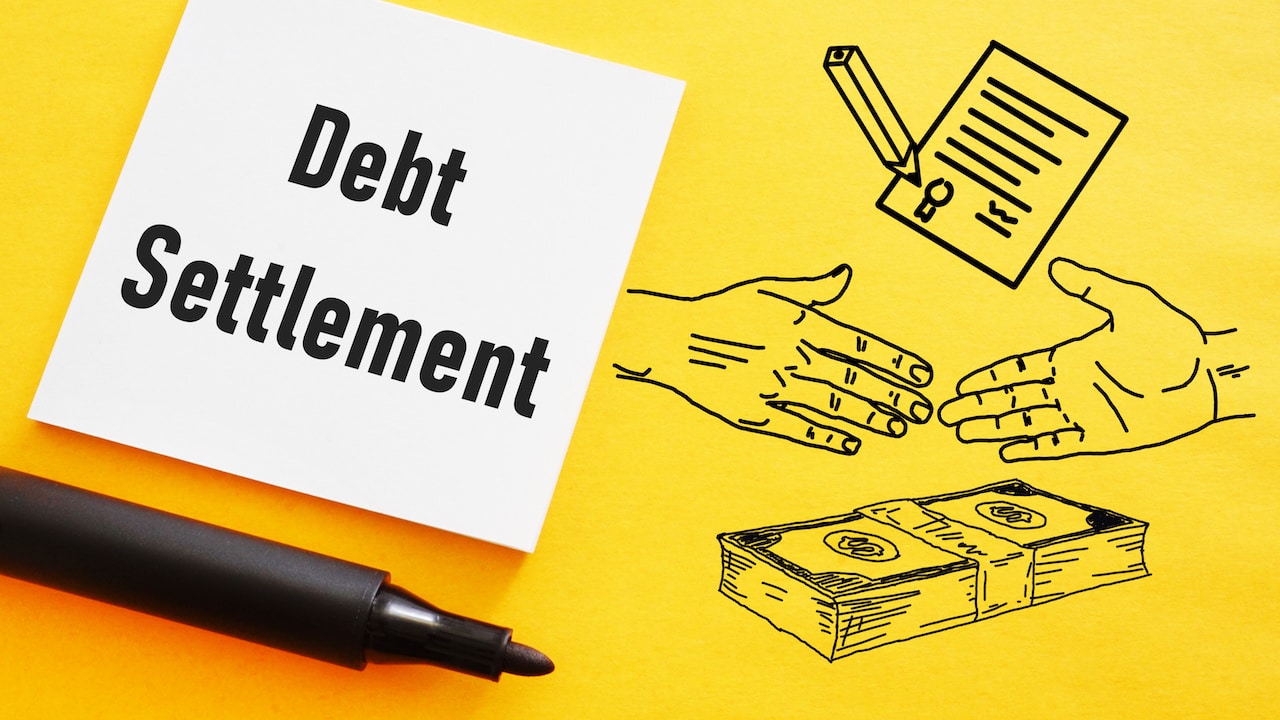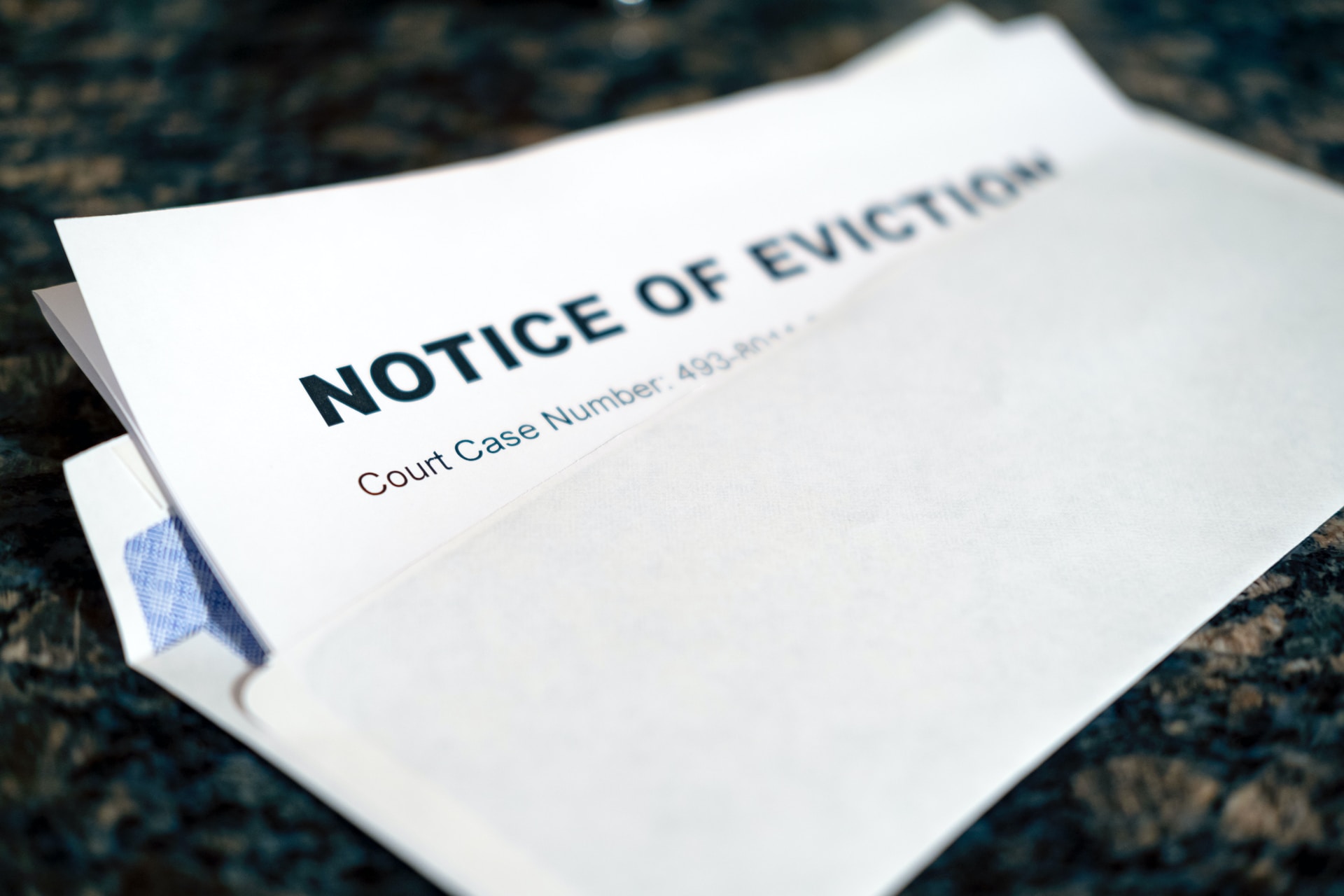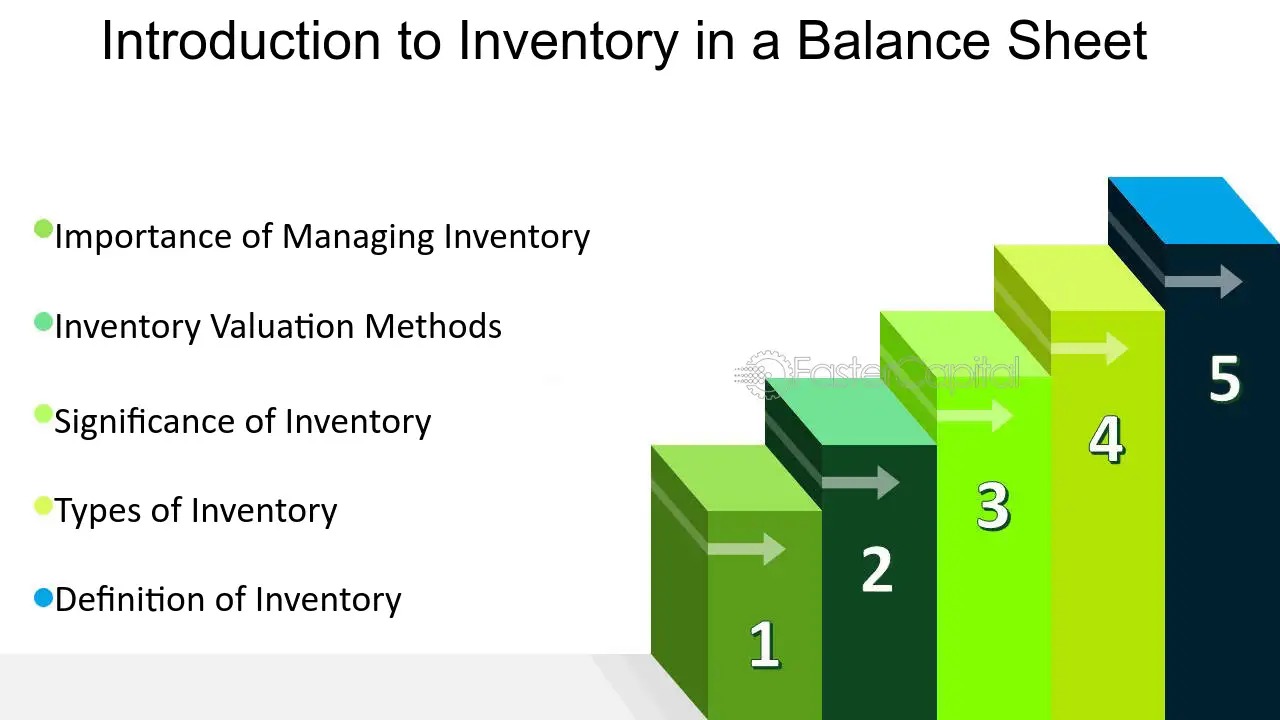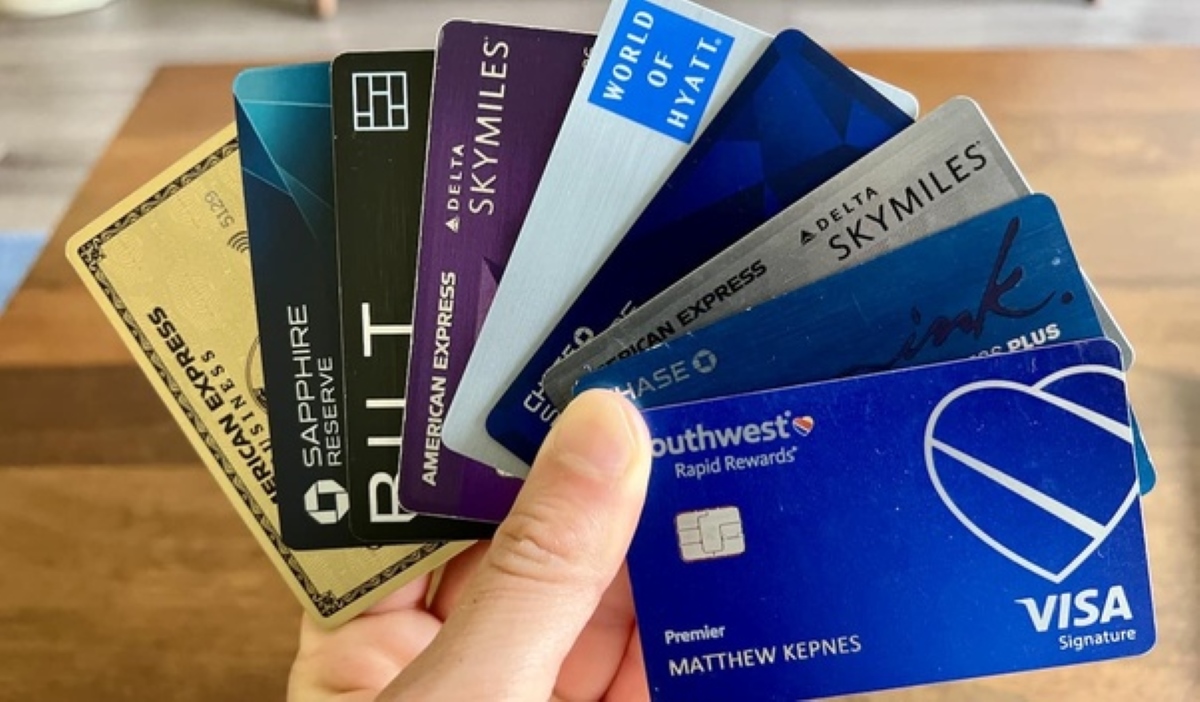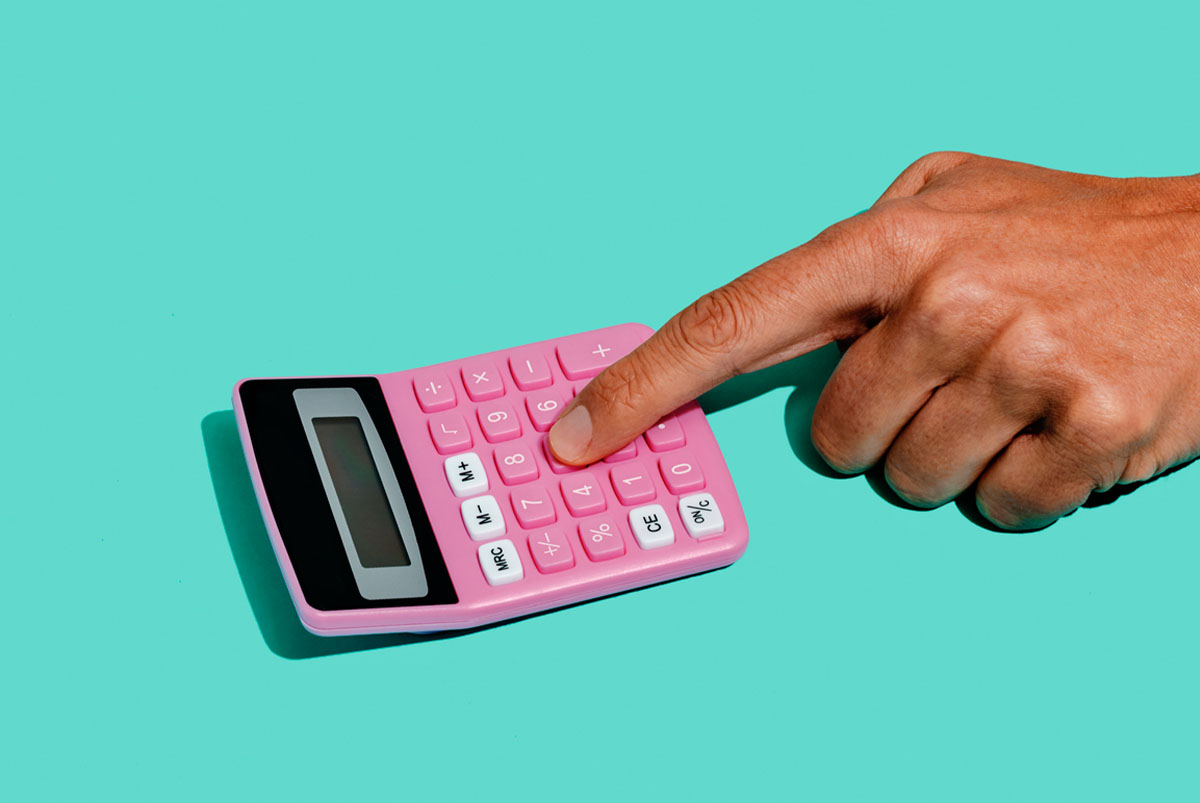

Finance
How Long Do Liens Stay On Your Credit Report
Published: October 20, 2023
Discover how long liens can impact your credit score and stay on your credit report. Learn about the financial implications and strategies to manage them effectively.
(Many of the links in this article redirect to a specific reviewed product. Your purchase of these products through affiliate links helps to generate commission for LiveWell, at no extra cost. Learn more)
Table of Contents
Introduction
Welcome to our comprehensive guide on liens and their impact on your credit report. If you’ve ever dealt with financial challenges or legal disputes, chances are you’ve come across the term “lien” at some point. Understanding how liens work and their implications on your credit score is crucial for anyone striving to maintain healthy financial well-being.
Liens can have a significant impact on your ability to secure future credit, potentially limiting your access to loans or mortgages. In this article, we will delve into the nitty-gritty of liens, including what they are, how long they stay on your credit report, and how they can affect your financial standing. We will also provide you with valuable insights on how to remove a lien from your credit report and improve your creditworthiness.
Whether you are facing financial difficulties or simply want to stay informed about the complexities of the financial world, this guide is here to help. By the end of this article, you will have a deeper understanding of liens and be equipped with the knowledge you need to make informed decisions regarding your credit and financial future.
Understanding Liens
Before we dive into the specifics of how long liens stay on your credit report and their impact, it’s crucial to have a clear understanding of what a lien actually is. In simple terms, a lien is a legal claim or encumbrance on a property or asset to secure the payment of a debt or obligation.
Liens can arise in various situations. One common example is when you take out a loan to purchase a vehicle or a home. In such cases, the lender may place a lien on the property or vehicle as collateral until the loan is paid off. This means that if you default on your loan payments, the lender has the right to seize and sell the property in order to recoup their losses.
Liens can also be placed by government agencies, such as the Internal Revenue Service (IRS) or local municipalities. These are known as tax liens or property liens. Tax liens are typically imposed when individuals or businesses fail to pay their taxes, while property liens can be placed for unpaid property taxes or violations of building codes.
It’s important to note that liens can have a significant impact on your financial standing. They can restrict your ability to sell the property or asset and can also cause difficulties in obtaining new credit. Additionally, liens can remain on your credit report for a considerable period, which we will discuss in the next section.
How Long Do Liens Stay on Your Credit Report
Liens can have a lasting impact on your credit report, affecting your creditworthiness and ability to secure future credit. The duration for which liens stay on your credit report depends on several factors, including the type of lien and your actions to resolve it.
In general, tax liens tend to stay on your credit report for seven years from the date they are paid off or released. However, if left unpaid, they can remain on your report indefinitely. This can severely impact your credit score and make it challenging to obtain new credit or loans.
Other types of liens, such as property liens or mechanic’s liens, may have different reporting periods. Typically, they can stay on your credit report for around seven years from the date they were filed or until they have been resolved.
It’s worth mentioning that in 2018, major credit reporting agencies made changes to their reporting practices regarding tax liens. As a result, tax liens are no longer reported on credit reports if they do not include the necessary information, such as the individual’s full name, address, and social security number. This change was implemented to ensure accuracy and minimize errors in credit reports.
To ensure that the information on your credit report is accurate and up to date, it’s essential to regularly review your credit reports from all three major credit bureaus – Experian, TransUnion, and Equifax. If you spot any inaccuracies or outdated information regarding liens, you have the right to dispute them and have them removed from your report.
Now that we’ve covered the duration for which liens can stay on your credit report, let’s explore how they can impact your credit score in the next section.
Impact of Liens on Your Credit Score
Liens can have a significant impact on your credit score, which is a crucial factor considered by lenders when evaluating your creditworthiness. When a lien appears on your credit report, it signals to potential creditors that you have outstanding debts or unresolved financial obligations. This can raise concerns about your ability to manage your finances responsibly and may result in a lower credit score.
The presence of a lien on your credit report can lead to a drop in your credit score, making it more challenging to secure new credit or loans. Since your credit score is used by lenders to assess the risk of extending credit to you, a lower credit score due to a lien can result in higher interest rates or even denial of credit.
It’s important to note that the impact of a lien on your credit score can vary depending on the overall condition of your credit report and your payment history. If you have a strong credit history, with timely payments and a low debt-to-income ratio, the impact of a lien might be less severe. However, if you already have a weaker credit score or a history of missed payments, the presence of a lien can further harm your creditworthiness.
Removing a lien from your credit report can have a positive effect on your credit score. Once the lien is paid off or resolved, engaging in good credit habits and maintaining a positive payment history can gradually improve your credit score over time.
In the next section, we will discuss strategies and steps you can take to remove a lien from your credit report and improve your financial standing.
How to Remove a Lien from Your Credit Report
If you find a lien on your credit report and want to remove it, there are several steps you can take to resolve the issue effectively:
- Contact the lien holder: Begin by reaching out to the lien holder, such as the creditor or government agency. Discuss the details of the lien and inquire about the necessary steps to satisfy the debt or obligation. It may involve making a payment or negotiating a settlement.
- Pay off the lien: If possible, pay off the lien in full. Keep records of the payment and request a lien release or satisfaction letter from the lien holder. This document serves as proof that the lien has been resolved.
- Dispute inaccurate information: If you believe the lien is inaccurate or does not belong to you, you have the right to dispute it with the credit bureaus. Provide supporting documentation and explain the reasons for the dispute. The credit bureaus will investigate the matter and remove the lien if it is deemed inaccurate.
- Request a lien withdrawal: For certain types of liens, such as federal tax liens, you can apply for a lien withdrawal after the debt is paid in full. This involves submitting Form 12277 to the IRS and providing evidence of payment. If approved, the lien will be withdrawn, and you can request the removal of the lien from your credit report.
- Monitor your credit report: After taking steps to resolve the lien, closely monitor your credit report to ensure that it reflects the updated information. If the lien is not removed or if there are errors in the reporting, file a dispute with the credit bureaus and provide the necessary documentation to support your claim.
It’s important to note that the process of removing a lien from your credit report may take time and effort. Patience and persistence are key. By following these steps and maintaining a positive credit history, you can improve your credit score and financial standing over time.
Conclusion
Liens can have a lasting impact on your credit report, affecting your ability to secure future credit and loans. Understanding how long liens stay on your credit report and the steps to remove them is crucial for maintaining healthy financial well-being.
We covered the basics of liens, including what they are and how they can arise from various situations such as loans or government actions. We discussed the duration for which liens stay on your credit report, with tax liens typically lasting for seven years from the date they are paid off or released. Other types of liens, like property liens, may have similar reporting periods.
Liens can have a negative impact on your credit score, making it harder to obtain credit and potentially resulting in higher interest rates. However, by resolving the lien and engaging in responsible credit habits, you can begin to rebuild your credit over time.
To remove a lien from your credit report, contact the lien holder, pay off the lien, and request a lien release or satisfaction letter. If the lien is inaccurate or does not belong to you, you can dispute it with the credit bureaus. For certain types of liens, you may be able to apply for a lien withdrawal after payment is made in full.
Regularly monitor your credit report to ensure that the lien has been removed and to address any inaccuracies or errors that may arise. By staying proactive and vigilant, you can take control of your credit and work towards a healthier financial future.
Remember, the information provided in this guide is meant to serve as a general overview. It is always recommended to consult with a financial professional or credit counselor for personalized advice regarding your specific situation.


